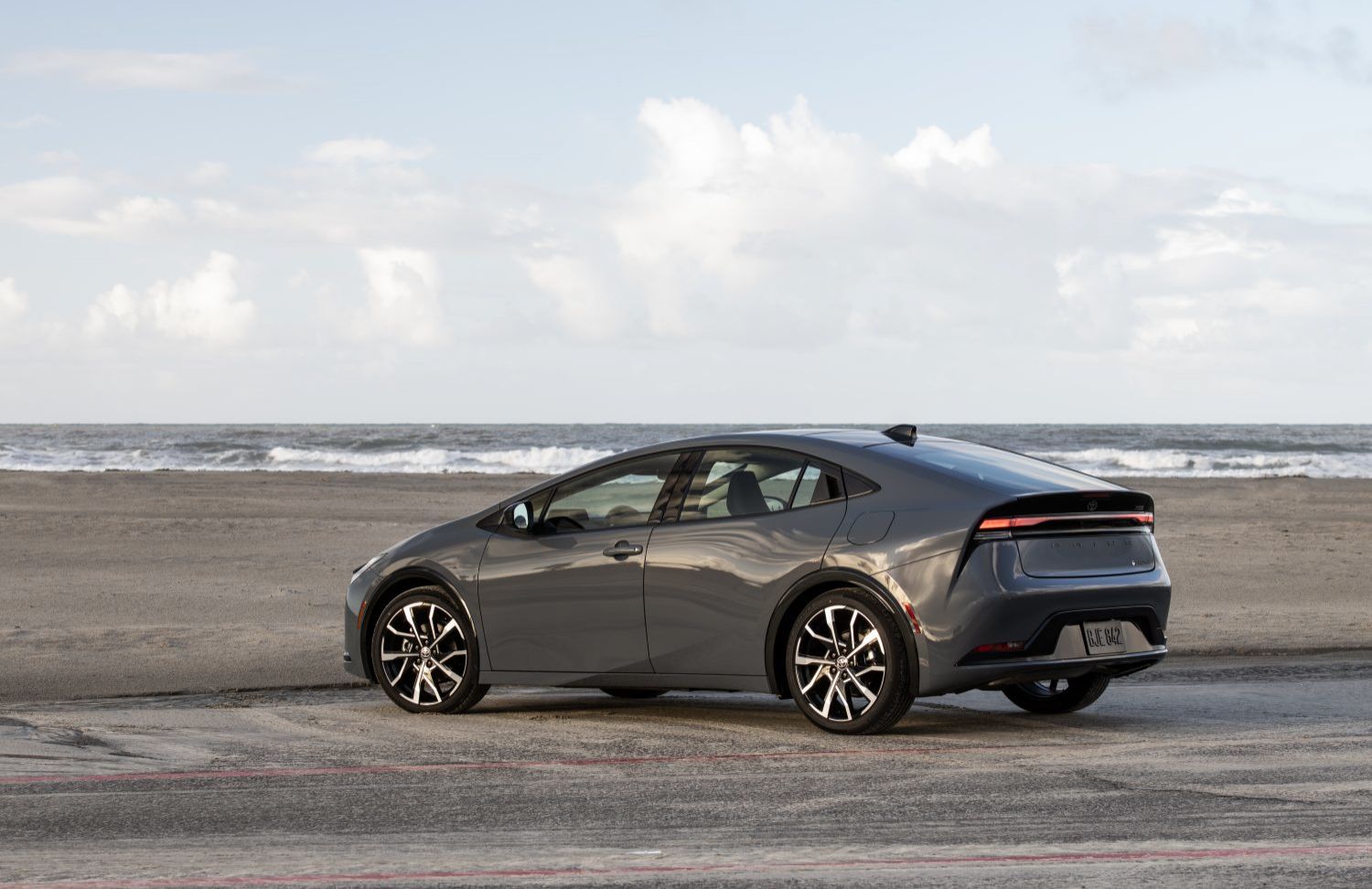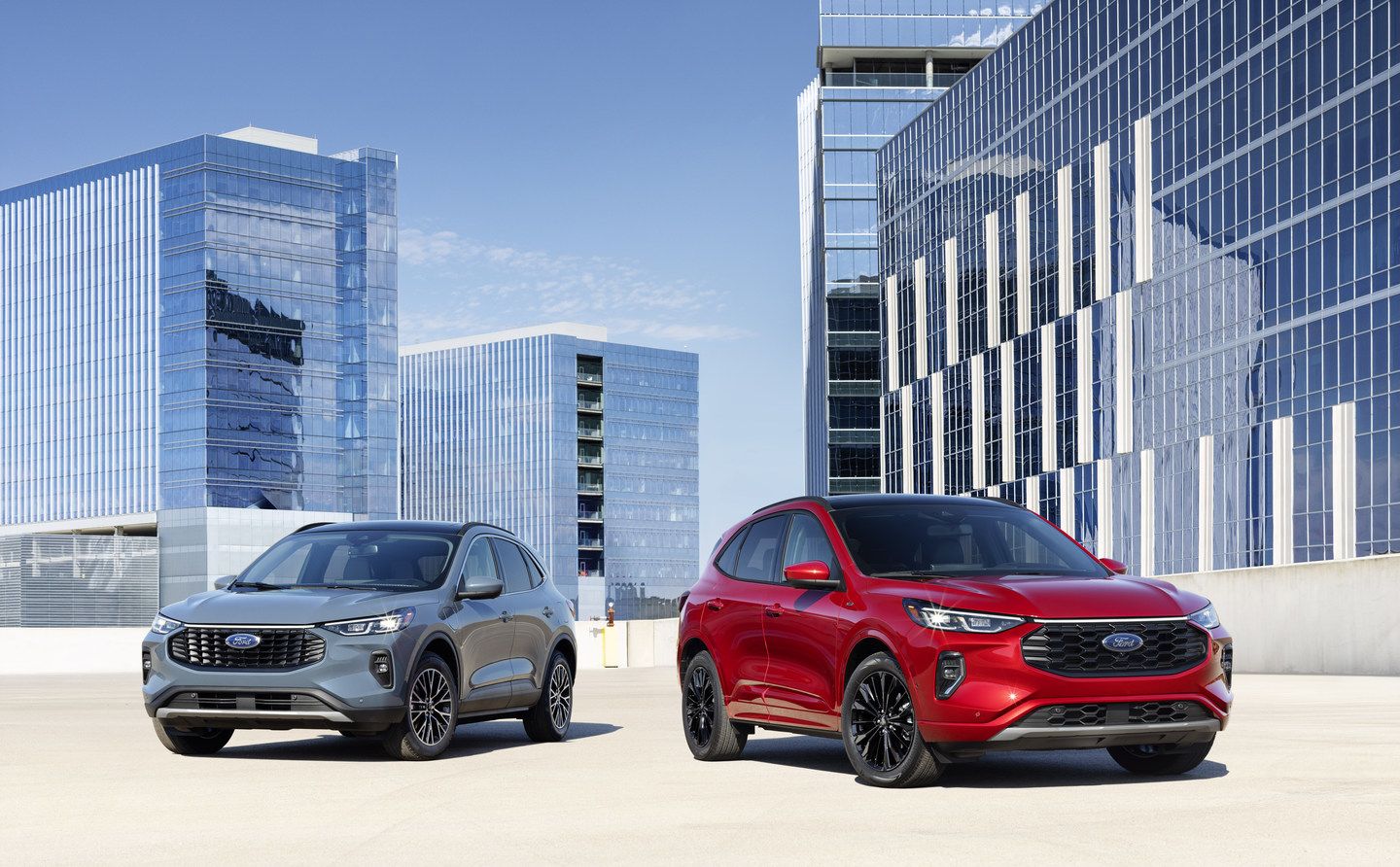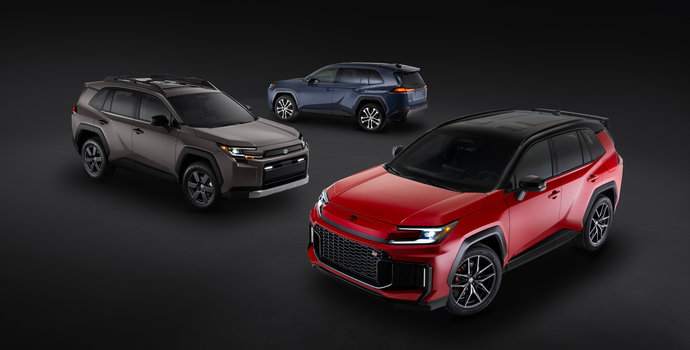Canadian drivers spend thousands annually on fuel, yet many operate on outdated information about octane ratings, vehicle efficiency, and fuel consumption. Understanding the facts can save money and improve your vehicle's performance. Fuel-related myths cost drivers real money. Some pay extra for premium gasoline their car doesn't need, while others miss efficiency improvements that reduce long-term costs.
What Is Premium vs Regular Gasoline?
Premium gasoline won't make your regular car faster or more efficient. Octane rating measures resistance to engine knock, not energy content or cleaning power. Both 87-octane regular and 91/93-octane premium contain similar energy levels.
Vehicles designed for regular unleaded gain no benefit from premium fuel. Higher octane only helps high-performance or turbocharged engines that specifically require it. Using premium in a standard engine wastes approximately $200-400 annually with no performance gain, depending on your driving habits and fuel consumption.
Common Premium Gasoline Myths:
- Premium gas burns cleaner than regular
- Higher octane makes any car faster
- Premium fuel contains more energy per litre
- All luxury cars require premium gasoline
The Truth: Check your owner's manual for the recommended octane rating. Most Canadian vehicles run efficiently on 87-octane regular gasoline.
How Does Vehicle Size Affect Fuel Efficiency?

Larger vehicles consume more fuel, but the gap has narrowed significantly. Modern SUVs and crossovers incorporate hybrid technology, improved aerodynamics, and efficient engines that outperform older small cars.
Canada's light-duty vehicle fleet averaged 8.6L/100km in 2019, among the highest globally due to SUV and pickup popularity. However, new efficiency standards and electrification are reducing consumption rates across all vehicle categories.
While comprehensive 2024/2025 fleet data remains unavailable, current trends show a slow decrease in average fuel consumption. New light-duty vehicles now average in the low-to-mid 8L/100km range, reflecting gradual improvements across the Canadian market.
Consider these efficiency improvements:
- Hybrid SUVs often match or exceed sedan fuel economy
- Electric crossovers eliminate fuel consumption entirely
- Modern pickup trucks offer 30% better efficiency than 2010 models
- Turbocharged engines deliver more power with less fuel
EnerGuide labels on new vehicles provide official consumption figures for fair comparisons between models.
How Does Canadian Climate Impact Fuel Use?
Cold weather increases fuel consumption by 7-35%, affecting all vehicles regardless of size. Winter driving demands more energy for heating, defrosting, and warming up lubricants.
Canadian fuel formulations change seasonally. Winter gasoline contains less energy per litre than summer blends, contributing to higher consumption during cold months. Short trips in winter prevent engines from reaching optimal operating temperature.
Plan for increased fuel costs from November through March. Remote starters and block heaters help, but won't eliminate winter consumption increases.
Looking for a Fuel-Efficient Drive?
Whether you're ready to go fully electric or prefer the flexibility of a hybrid, The Humberview Group offers a wide selection of fuel-efficient vehicles built for Ontario drivers. From advanced tech to impressive range, you'll find smart options that fit your lifestyle—without compromising on comfort or performance.
Explore our Hybrid and EV inventory today >
Ontario-Specific Efficiency Considerations:
Ontario's seasonal temperature swings affect fuel efficiency more than in milder climates. Summer air conditioning use and winter heating demands create significant consumption variations throughout the year.
Highway 401 corridor driving between Toronto, Ottawa, and Windsor favors vehicles with strong highway efficiency ratings. City ratings matter less for drivers covering long distances between Ontario's major centers.
Winter tire requirements aren't mandatory in Ontario, but their increased rolling resistance reduces fuel economy by 3-7%. Factor this seasonal efficiency drop when calculating annual fuel costs.
What Are the Hidden Efficiency Factors?

Air conditioning and heated seats draw engine power, increasing fuel consumption especially at low speeds. However, at highway speeds, air conditioning often proves more efficient than open windows due to aerodynamic drag.
Tire pressure affects fuel economy more than many drivers realize. Under-inflated tires increase rolling resistance, while proper inflation maintains optimal efficiency. Check monthly, as cold weather reduces tire pressure naturally.
Driving habits impact consumption as much as vehicle choice:
- Aggressive acceleration increases fuel use by 15-30%
- Excessive idling wastes fuel with zero distance traveled
- Highway speeds above 100 km/h reduce efficiency significantly
- Carrying unnecessary weight decreases fuel economy
What Should I Know About Fuel Quality and Additives?
All Canadian gasoline contains mandatory detergent additives that clean fuel injectors and intake valves. Premium brands often advertise enhanced cleaning agents, but regular gasoline from major retailers meets federal quality standards.
Top Tier gasoline certification indicates additional detergent packages beyond minimum requirements. Brands like Shell, Chevron, and Petro-Canada carry this designation, though the efficiency benefits remain minimal for most drivers.
Winter fuel blends in Canada contain anti-icing additives and lower volatility compounds. These seasonal changes explain part of the consumption increase during cold months, beyond temperature effects alone.
Are Electric Vehicles More Efficient?
Electric vehicles eliminate gasoline consumption, but their environmental impact depends on your province's electrical grid. Ontario drivers benefit from a relatively clean electricity mix, with nuclear and hydroelectric power providing the majority of generation.
EV efficiency varies by temperature, driving style, and accessories use. Cold weather reduces battery range by 20-40%, similar to increased fuel consumption in gasoline vehicles.
By 2035, all new light-duty vehicles sold in Canada must produce zero emissions. This includes fully electric vehicles and plug-in hybrid electric vehicles (PHEVs), which still use some gasoline but qualify under Canada's zero-emission vehicle regulations. Current electric options include SUVs, pickup trucks, and luxury sedans alongside traditional compact models.
How Can I Make Smart Fuel Decisions?

Read EnerGuide labels for accurate consumption estimates rather than manufacturer marketing claims. These government-tested figures allow direct comparisons between vehicles and fuel types.
Don't pay premium prices for regular-grade engines. Save the difference for maintenance that actually improves efficiency: regular oil changes, air filter replacement, and tire maintenance.
|
Fuel Myth
|
Reality
|
Annual Cost Impact
|
|
Premium gas improves any car
|
Only helps vehicles designed for it
|
$200-400 wasted
|
|
Big cars are always less efficient
|
Modern technology narrows gaps
|
Varies by model
|
|
Winter fuel use is the same
|
Increases 7-35% in cold weather
|
$300-800 extra
|
|
Brand name gas is always better
|
All major brands meet quality standards
|
$100-200 difference
|
Useful Tip! You can reduce fuel consumption year-round by maintaining proper tire pressure, removing excess weight from your vehicle, and avoiding aggressive driving habits. These simple changes often improve efficiency more than switching fuel brands.
Summary
Proper vehicle maintenance and informed fuel choices reduce operating costs regardless of what you drive. Understanding these facts helps you make decisions based on data rather than marketing claims. From octane ratings to seasonal fuel changes, Canadian drivers benefit most from practical knowledge about their specific driving conditions.
Explore our fuel-efficient inventory and discover models with EnerGuide ratings that match your Ontario driving patterns. We can walk you through real-world efficiency data for your specific needs.
Looking for a Fuel-Efficient Drive?
Whether you're ready to go fully electric or prefer the flexibility of a hybrid, The Humberview Group offers a wide selection of fuel-efficient vehicles built for Ontario drivers. From advanced tech to impressive range, you'll find smart options that fit your lifestyle—without compromising on comfort or performance.
Explore our Hybrid and EV inventory today >










